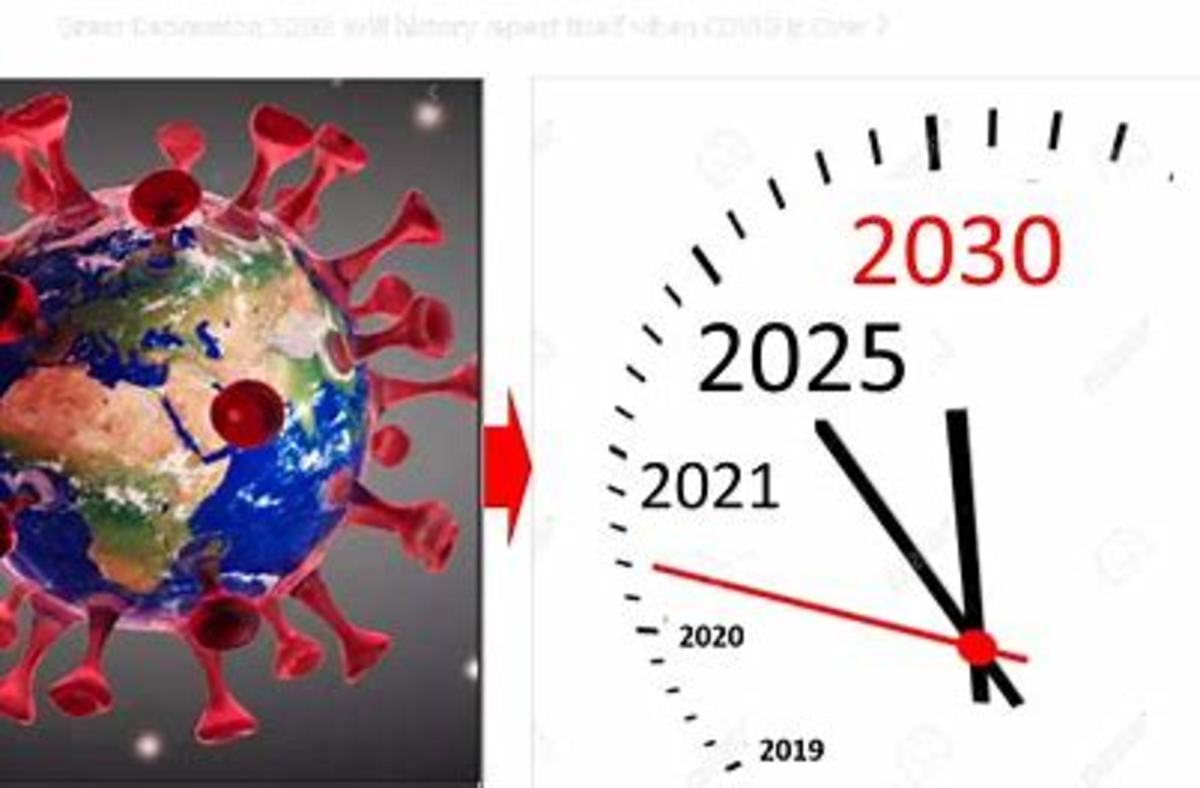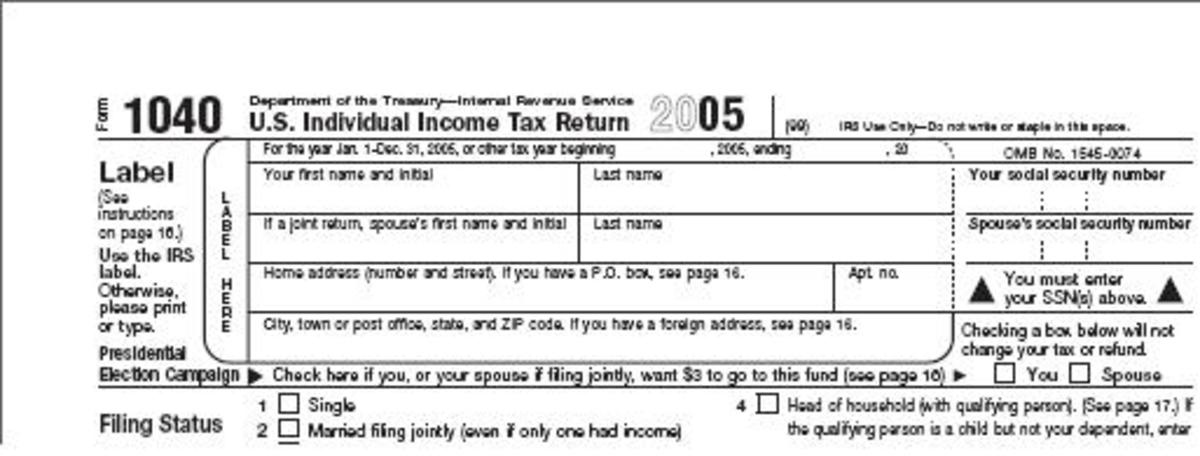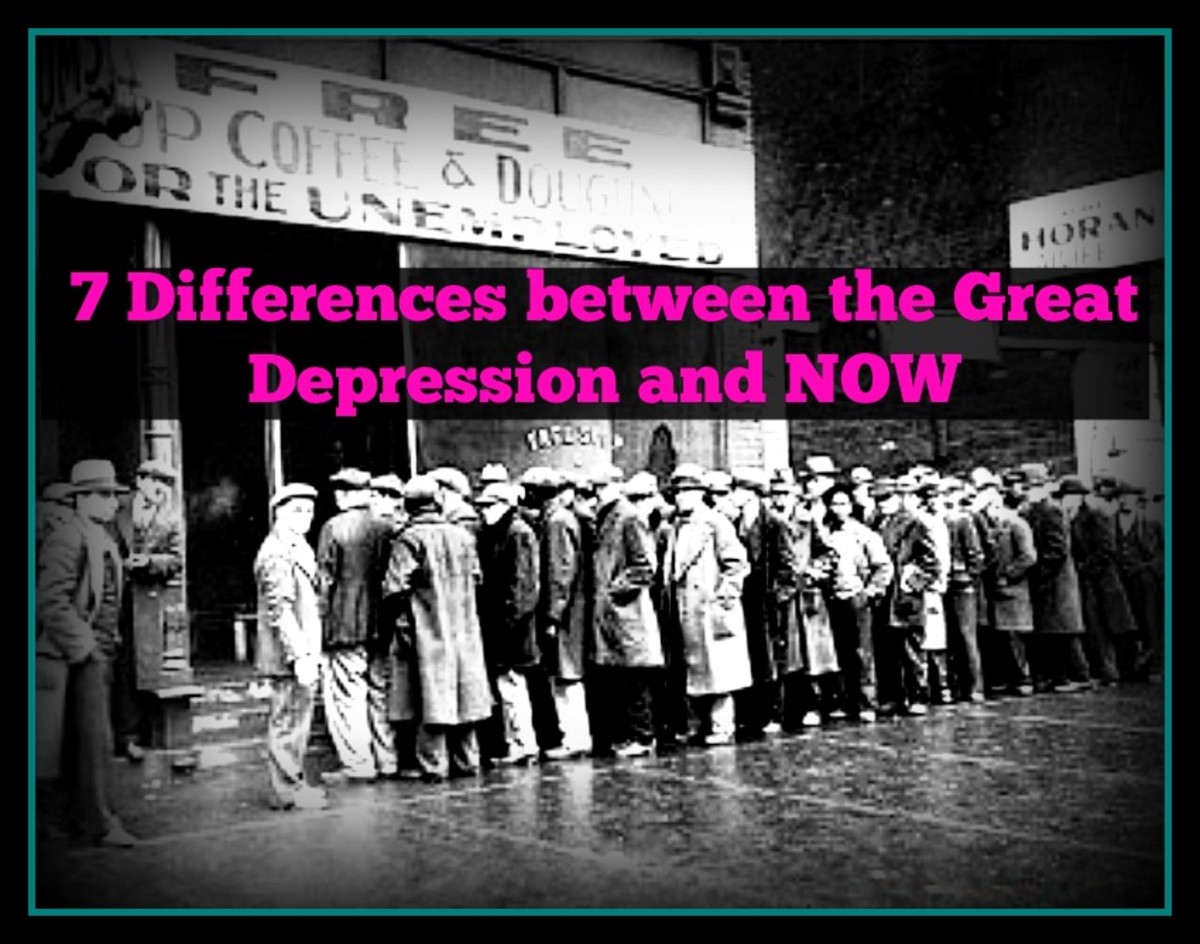The Deflating of America

Listen closely. The hissing sound you hear is the air coming out of our sails…the steam escaping from our economy...the deflating of America.
In my book, “The S.I.M.P.L.E. Way to Wealth, A Biblical Approach to Financial Freedom,” I talk about inflation…which is simply “too much money, chasing too few goods.”
With inflation, we have high demand and low supply, so we have to pay more for the things we want. Not much fun…and we complain a lot…but at least we have the money to buy stuff.
Deflation on the other hand, means “too little money, chasing too many goods”…or high supply, low demand.
No complaining here…we are ecstatic at the current low prices.
But is it really good for us? Is it good for America…the world?
The “Great” Depression!?
You might like the low prices caused by deflation, but you are not going to like the end-result.
If you cheered when the President said “This is not the time for profits”…it’s only because the lack of “profit” hasn’t flowed down (or up) to your level yet.
It will…and then see how happy you are when you’re out of work because there are not enough “profits” to pay your wages.
Don’t worry Mr. President, there aren’t any profits…that’s why stores are closing and people are unemployed.
Profit is not a four-letter word…it’s the only thing that creates growth.
“The world is getting smaller” is about to take on new meaning as companies continue to downsize and close.
Economics 101
Economies large and small depend on buyers, not sellers. When people can’t buy or stop buying, economies start failing.
When demand is greater than supply (inflation), economies grow until supply catches up with demand. When supply is greater than demand (deflation), economies shrink until demand catches up with supply.
It’s not rocket science, it’s just simple math.
During periods of inflation, prices increase so companies can earn profits and expand their operation to increase supply…building factories and hiring workers.
During periods of deflation, prices fall so companies can rid themselves of excess supply…closing factories and firing workers.
Does that mean inflation is a good thing? Inflation is a sign of too much growth, too fast. Not necessarily a good thing…but better than the alternative.
When prices fall, profits decrease. When profits decrease, investment in those companies stop…without investment, companies downsize or go out of business. When companies downsize or go out of business, people become unemployed. When people become unemployed, they stop buying. When they stop buying, economies start shrinking until the excess supply is exhausted and balance is restored.
A stable economy simply means the supply and demand is in balance.
Inflation and deflation are neither good nor bad…simply necessary “evils” to maintain balance; it’s like adding or subtracting weight from the scales.
What caused the problem?
In a word…Debt.
Remember, economic growth depends on buyers, not sellers.
In order to keep the economy growing (and the votes coming), politicians pushed for easy credit policies and irresponsible lending practices; allowing people to buy things they couldn’t afford…houses, cars, televisions, etc…by making it easy for them to borrow.
Who wouldn’t want a bigger house, a newer car? It was like giving candy to a baby. But just because they want it, doesn’t mean it’s good for them…or us.
When people borrow, they’re buying with future income. Unfortunately, most people are living on two incomes and when one income (or both) stops due to job loss, pregnancy, disability, etc…they’re in trouble. They can’t pay their bills.
When people can’t pay their bills, the lenders (i.e. banks, etc.) have to absorb the loss. As a retired banker and ex-Financial Planner, I can tell you…it takes a lot of profitable loans to absorb the loss of a few bad ones, so absorbing the loss of a lot of bad loans can put a lender in dire straits very quickly.
Thus, when the housing (read any market) bubble burst, lenders were caught with a lot of losses and not enough profit to offset them.
The reasons are much more complex than just bad loans…but bad loans are the crux of the issue and sufficient for now. Bad loans put the banks under water and caused their ability to loan money to be drastically reduced.
Without loans, the vast majority of people can’t buy products, which slows growth, creating an over-supply, and the resulting period of deflation.
Deflation causes businesses to downsize or close; people out of work slows the growth further and creates a period of depression…which causes more businesses to downsize or close, putting more people out of work, etc….it’s a downward spiral that is extremely difficult to stop until it reaches bottom.
Deflation, like inflation, is simply the re-balancing of supply and demand.
It will continue until balance is restored…until supply and demand are on equal footing again. It’s a dark period, but the sun will rise…eventually.
What’s the solution?
There is no “quick fix” for inflation or deflation…like a bad case of the Flu; it will just have to run its course.
I’ve been “preaching” for at least ten years (when my book was first released) that people needed to save money and get out of debt.
Finally, people are beginning to see the wisdom in God’s way.
Unfortunately, we are now caught between saving and spending.
Fortunately, people are starting to save. Unfortunately, people are starting to save. It’s a “Catch-22” (a really great old movie you should see).
The more we save, the less we spend. The less we spend, the worse it gets.
If you want to stop deflation, go spend all your money…because only spending (buying products and services) will cause the economy to start growing again.
I’m not talking about the pork-laden “stimulus” package the President and his Congressional cronies are pushing. Government spending is not the same.
Note: You can read the 1,588+ page Stimulus Bill by clicking here (caution: don’t eat first, reading this bill is guaranteed to make you throw-up).
Spending billions of dollars on condoms and Viagra won’t stimulate the economy (it may stimulate something, but not the economy).
Giving the unemployed twenty bucks more a week won't do it…the unemployed are not going to buy a new television with twenty bucks…and without a job, no one is going to extend them credit to buy a new car.
Giving money to the states to balance their books, funding education, and buying “bad assets” from banks, won’t stimulate growth either.
And a $1,000 tax credit?
Just because I don’t have to send the government a thousand dollars in taxes…doesn’t mean I have an extra thousand to spend, or that I’m going to spend it. All that effectively does, is lower the amount the treasury has to repay the soon-to-be $10 Trillion dollars debt-load of the country.
As with the last round of “stimulus” payments, most refunds this year will go to pay bills or end up in a savings account (neither of which “stimulates” the economy.) What are you going to do with yours? Buy a new Lexus?
America is in lock-down mode, overcome with FUDD (fear, uncertainty, doubt, and despair) with good reason...and spending a trillion dollars on things like “comparative research” will not make the pain go away.
The only solution is jobs.
When people are working, they’re spending…when they’re unemployed they’re not spending. Again, it’s just simple math…the more people we have working, the more people we have spending.
Any “stimulus” package that fails to address this issue is a waste (from a stimulus perspective)…and smacks of political payback.
It is all but certain the “stimulus” package will pass in some form or fashion (the current administration has a lot of people to pay back for winning the election), but it won’t stimulate the economy or stop the deflating of America.
Do not be deceived: In order to “stimulate” the economy, people have to spend…that’s hard to do when a large portion of the weekly paycheck is paying back money already spent (debt).
It’s even harder when you don’t have a job or fear losing the one you have.
The government solution: Borrow another Trillion dollars from our future…and get the banks to loan money to people who are already saddled with too much debt...who must now repay another Trillion dollars of foolish spending.
Here is wisdom: You can’t borrow your way out of debt.
So what is the solution?
As any gardener knows, if you want more “roses” you don’t add more fertilizer…you prune the bush. Unless and until we “prune” the bush, it will continue to produce fewer and fewer “roses.”
Like fertilizer, adding a Trillion dollars of B.S. won’t help…if you don’t “prune” the bush it will ultimately stop producing “roses” and eventually die.
Deflation is just "nature's" way of “pruning” the bush. We need to let it happen, or suffer the consequences. The more fertilizer we add, the worse it will get.
2009 is going to be a challenging year for the world at large.
The stimulus package will be approved and more B.S will be dumped into the laps of American taxpayers. It’s not going to help…it will just make things worse.
God’s way works!
You can’t change the world, but you CAN change YOUR world.
Make getting out of debt your highest priority this year.
Free eBooks
If you’re a Christian (even if you’re not) and you want to try it God’s way…I’ve made copies of my eBooks “The S.I.M.P.L.E. Way to Wealth, A Biblical Approach to Financial Freedom," and “Preparing for the Worst” available free at www.preparingfortheworst.com.
Don’t worry, there’s no attempt to sell you anything…I don’t even want your email address…it’s just a download.
This might be a good time to revisit the S.I.M.P.L.E. way:
S – Save 10% of your income
I – Invest your savings
M – Make systematic investments
P – Prepare for the worst
L – Live within your means
E – Eliminate Debt
That’s what smart people do.
It’s been almost a year since my last post. I’ll try to do better this year.
Ray Evans









